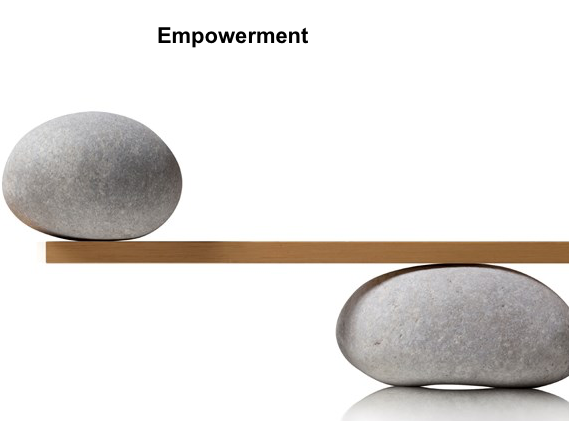Moving among corporations and their Chief Diversity Officers (CDOs), I seldom see strategies designed to empower individuals at all levels as “diversity practitioners.” When I do discover such a strategy, I do not find the necessary follow-up to assure that these strategies are applied and practiced sufficiently to build capability with diversity management.
Instead, I often see individuals only vaguely aware of their organization’s diversity initiatives, even when they support them. One manager stated confidently that his company strongly embraced diversity. When asked how he knew this, he responded, “I see a lot of memorandums on the topic.” Significantly, he did not mention the implications of these efforts for him.
This individual and similarly situated individuals are doing relatively little to advance diversity and diversity management in their organizations. Indeed, they may not have been asked to do anything, even as their enterprise wins awards for its efforts.
How can this happen?
A major contributing factor has been that CDOs often run their offices as one of Affirmative Action, where the emphasis is on having a central compliance structure that keeps individuals inclined to wander in line. As such, they place priority on racial, ethnic and gender representation and on harmonious relationships among workforce members.
Few CDOs have as their goal the empowering of individual contributors to make quality decisions around diversity – that is, to become competent “diversity practitioners.” I can understand why this is so. The goal of compliance can be achieved rather forthrightly through a centrally driven compliance structure.
However, a CDO cannot construct a compliance structure that encompasses the multiplicity of diversity issues that might prove challenging. Instead, he or she must empower individuals at all levels to fashion appropriate responses and to learn from their decisions –that is to achieve a diversity management capability. This is a much more daunting task.
But it is essential that CDOs undertake it. They must empower others because they do not have answers for all the diversity challenges that can surface. They cannot function effectively as the primary repository for diversity expertise. They and their organizations are better served if pockets of expertise are developing throughout the enterprise.
Yet to date, most CDOs have been reluctant to begin creating such pockets even when invited to do so. One manager, for example, said to a CDO, “Off-shoring is a diversity issue.” The CDO agreed, but had no counsel to offer. Had the manager been empowered, he could have worked with like-minded individuals to develop diversity management solutions around offshoring for themselves.
Another manager sent word to her CDO that a partnership being arranged between two departments appeared to be a diversity issue and that she would like some help. The CDO declined to assist, saying that the individual seeking assistance was “ahead of the program.” Translated, the CDO had little to offer.
Why does this matter?
Competent “diversity practitioners” at all levels would result in quality decision-making down where the requisite information resides. As a result, issues would not have to be pushed up for resolution. Individuals could develop their own solutions.
In addition, asking all individuals to become competent “diversity practitioners” would build on their existing life experiences in addressing diversity issues. Everyone has some level of experience in making decisions in the midst of tensions caused by differences and similarities. Once helped to understand that this is the essence of diversity management, they would be empowered to use these experiences to the benefit of their organization. As knowledgeable and empowered individuals, these “diversity practitioners” could enhance the organization’s ability to address diversity.
How can CDOs empower the development of diversity practitioners?
- Help individuals understand that they already address diversity in a variety of life situations – sometimes poorly and sometimes effectively.
- Provide concepts, principles and decision-making frameworks that can be used to diagnose a situation and to develop solutions. Follow-up by encouraging application and practice.
- Minimize offering “five to do’s” at the end of training programs or discussions of issues. These directives can encourage dependency on the CDO’s office.
- Be cautious about benchmarking. Benchmarking does not foster self-reliance with respect to diversity.
- Encourage individuals to learn from diversity experiences within their family and community. These experiences often can give meaning to concepts, principles and decision-making frameworks.
- When approached for advice, encourage individuals to draw upon the concepts, principles and frameworks you have provided. Practice pushing decision-making down where the relevant information is located.
Written on August 27, 2011.

